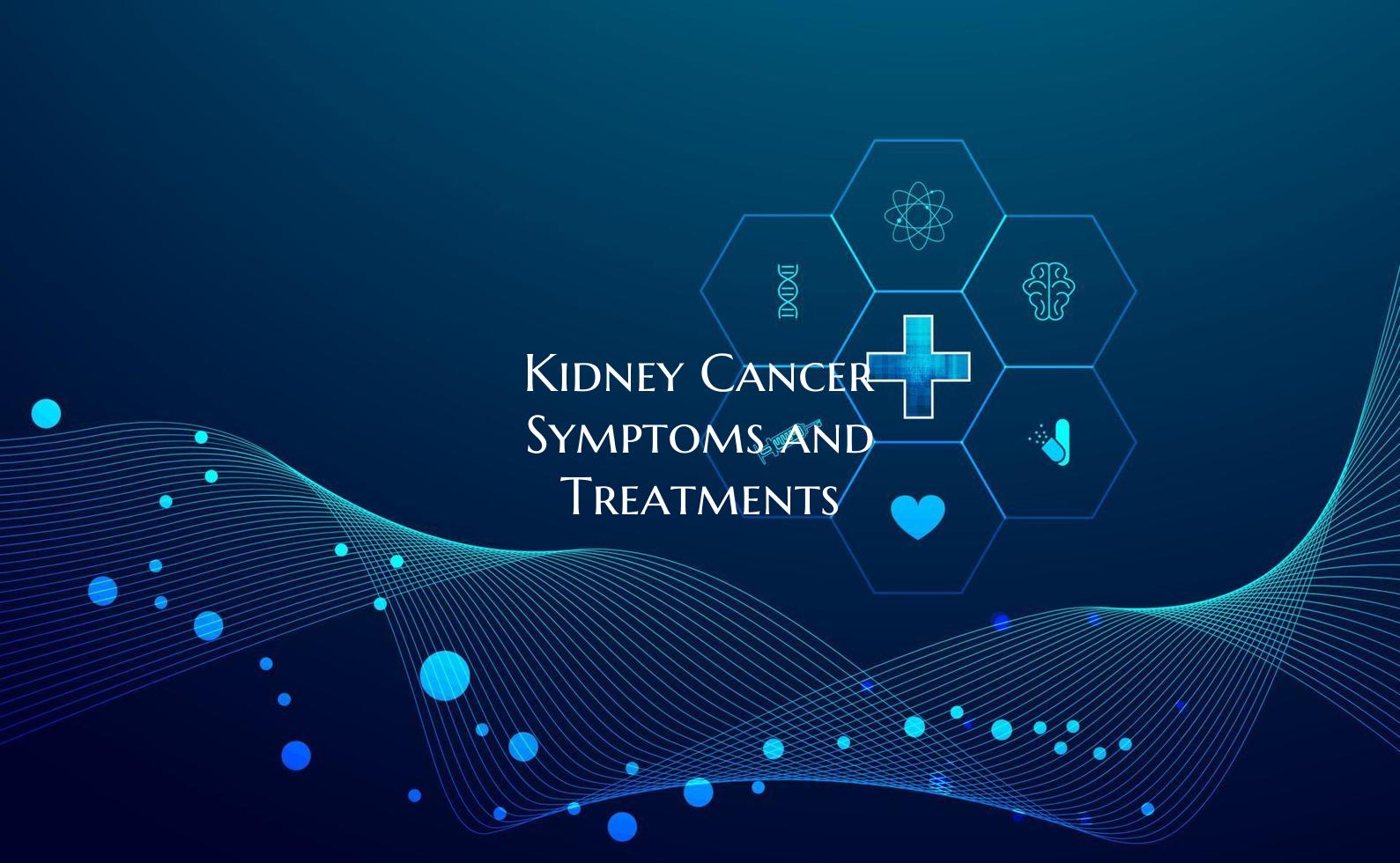
Kidney Cancer Symptoms and Treatments
Kidney cancer is a serious medical condition that requires prompt intervention for effective treatment. Understanding the symptoms and available treatment options is crucial for early detection and better outcomes.
Symptoms of Kidney Cancer: 1. Blood in the urine (hematuria) - One of the most common symptoms of kidney cancer is the presence of blood in the urine. This may appear pink, red, or cola-colored. 2. Lower back pain or side pain - Persistent pain in the lower back or on one side of the body that doesn’t go away with time can be a sign of kidney cancer. 3. Unexplained weight loss - Sudden and unexplained weight loss can be an indication of various health issues, including kidney cancer. 4. Fatigue and weakness - Feeling constantly tired and weak, even with adequate rest, may be a symptom of advanced kidney cancer. 5. A lump or mass in the abdomen - Some individuals may notice a lump or mass in the abdomen or side of the body, which could indicate a tumor on the kidney. 6. Loss of appetite - Kidney cancer can lead to a decreased appetite and unintentional weight loss due to the body's metabolic changes.
Treatment Options for Kidney Cancer: 1. Surgery - The main treatment for kidney cancer is surgery to remove the tumor and surrounding tissue. In some cases, a partial nephrectomy may be performed to preserve kidney function. 2. Targeted therapy - Targeted therapy drugs are designed to interfere with specific molecules involved in cancer growth and progression, offering a tailored approach to treatment. 3. Immunotherapy - Immunotherapy works by boosting the body's immune system to target and destroy cancer cells. 4. Radiation therapy - Radiation therapy may be used to target and shrink tumors or alleviate symptoms in cases where surgery is not an option. 5. Chemotherapy - Chemotherapy is not typically a first-line treatment for kidney cancer but may be used in certain cases to help manage advanced or metastatic disease.
It is important to consult with a healthcare professional if you experience persistent symptoms that could indicate kidney cancer. Early detection and treatment significantly improve the chances of successful outcomes and long-term survival. Regular check-ups, a healthy lifestyle, and awareness of risk factors can also play a significant role in preventing and managing kidney cancer.